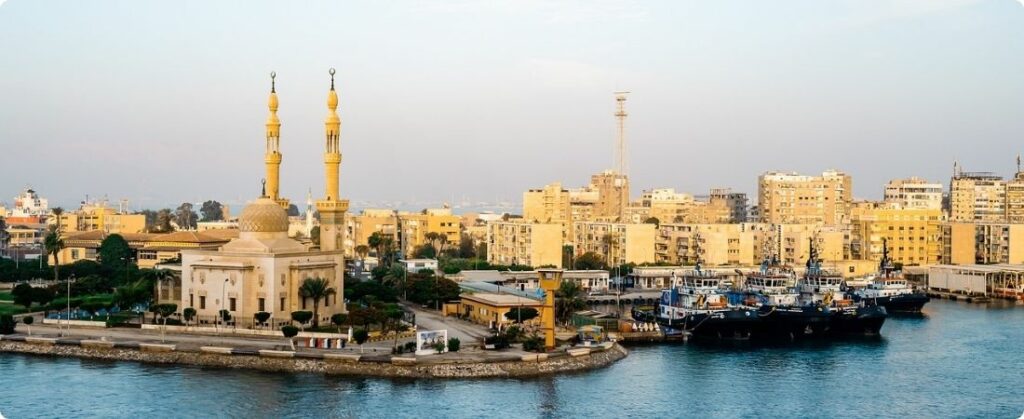
Houthi attacks on vessels in the Red Sea have resulted in a drop in grain and oilseed shipments through the Suez Canal. Transport companies divert routes to avoid attacks in the southern region of Africa, according to the Anadolu news agency.
Due to this change in routes, tonnages transited through the Suez Canal reduced by 65%, according to a report dated January 19.
The Houthis' attacks disrupt global trade, with 12% and a third of Asia-Europe container shipping via the Suez Canal, WTO chief economist Ralph Ossa told Anadolu.
Since November last year, Yemen's Houthis have been attacking merchant ships in the Red Sea in retaliation for Israeli attacks on Gaza. In mid-January, the United States and United Kingdom began joint attacks on Houthi military targets. Ships on longer routes cause increased freight rates and delays of more than a week in deliveries, Anadolu reported.
Anadolu data, based on Clarksons Research, indicates a 65% drop in vessel tonnage in the Gulf of Aden in January 2024 compared to December 2023. In December 2023, shipping volumes grains and oilseeds in the Suez Canal fell from 7.2 million to 5.9 million tons, according to the WTO. This has resulted in an increase in alternative routes.
This reduction represents almost a fifth less on an annual basis and 15% below the three-year average as added by the WTO.
Impacts of the Malaysia-Israel conflict
In January, grain and oilseed volumes through the Red Sea fell to 0.9 million tonnes, a significant drop from the previous year. This represented a three-fold reduction of 63% compared to the average of the last three years for the same period.
According to the German economic institute IfW Kiel, global trade suffered a slowdown of 1.3% in December compared to November. Container traffic through the Red Sea fell by half in December, from 500,000 to 200,000 containers/day.
Additionally, Malaysia has banned Israeli cargo ships from docking at its ports due to the war in Gaza and accusing Israel of violations of international law, as reported by Aljazeera.
On December 20, Malaysian Prime Minister Anwar Ibrahim banned Israeli ships, including ZIM, from accessing its waters. Ships heading to Israel would also be prevented from loading cargo in Malaysian ports, as stated by Anwar.
Malaysia, a country with a majority Muslim population, does not maintain diplomatic relations with Israel and supports a two-state solution to the Israel-Palestine conflict.
Source: Oils & Fats International











